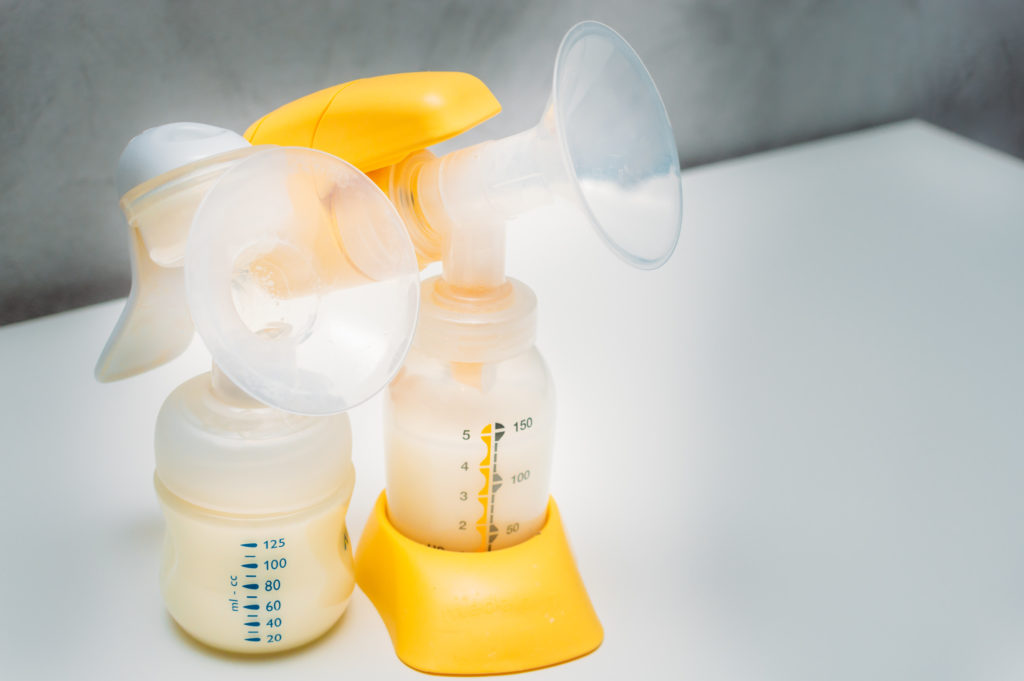
Breastfeeding is touted as the best method for feeding infants, yet until recent laws were enacted, breastfeeding mothers faced public and workplace discrimination. Before the passage of the Affordable Care Act (ACA) of 2010, if a breastfeeding mother needed to express milk while at work, she had two difficult options. Either she waited until she got home, which can be painful and potentially lead to infection, or she could express the milk in the restroom – not a clean environment.
Federal Affordable Care Act, Breastfeeding, and Discrimination
Prior to the federal law, many states had public breastfeeding discrimination protections, but the ACA extended these to the workplace. The Act provides that mothers who are breastfeeding may not face retaliation or harassment for taking the time away from work during their workday to express milk.
The law provides that any employer not exempt under the Fair Labor Standards Act (FLSA) section 7 must provide both a clean environment and reasonable time for the expressing of mother’s milk. The law specifically refers to the space provided as “other than a bathroom.” This is known as the break time element of the ACA. This element extends for up to one year after childbirth.
The rule applies to any business regardless of size, but those with 50 employees or less may be exempt if they can demonstrate that compliance would pose an undue burden on the business. Employers are not required to pay for the break time needed but must allow a mother the flexibility required to express her milk.
The ACA further allows states to extend additional breastfeeding discrimination protections. Prior to passage of that bill, many already had related laws in place. In Pennsylvania, breastfeeding is lawful in public and not considered indecent, obscene, or a nuisance. New Jersey holds to the same standard while extending that anyone opposing this may be fined. New York state was one of the first in the nation to pass such a law in 1994.
Breastfeeding falls under the auspices of a pregnancy-related condition. As such, it is an action which is protected under sex discrimination law known as pregnancy discrimination. Pregnancy discrimination occurs when an employer rejects an employment candidate based on her pregnant condition, fires, demotes, or denies a position on that basis, or otherwise treats the expecting mother different from other disabled employees.
Montgomery County Employment Lawyers at The Gold Law Firm P.C. Help Victims of Breastfeeding Discrimination
Breastfeeding mothers should not be forced to hold in their milk nor express it in unsanitary conditions. The Montgomery County employment lawyers at The Gold Law Firm P.C. help victims of workplace pregnancy discrimination including issues related to breastfeeding. If you have been discriminated against because of your choice to breastfeed your child, you need our help. We have offices conveniently located in Center City Philadelphia to assist clients throughout Pennsylvania, New Jersey, and New York in workplace pregnancy discrimination suits. Schedule a confidential consultation by completing our online form or call now 215-569-1999.



































